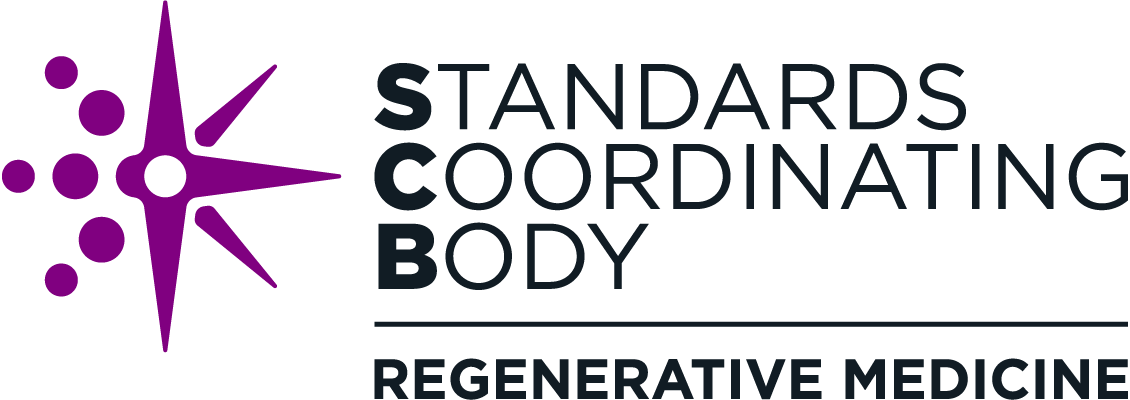Meet the SCB Staff: Justin Barch, Executive Director
Justin Barch joined SCB as its new Executive Director in April 2022. As Executive Director, Justin leads the day-to-day activities of SCB and works closely with the staff, Executive Committee, and Board of Directors to support SCB’s sustainability and fulfill its mission of bringing together the diverse regenerative medicine community around common standards.
We sat down with Justin to learn more about what brought him to SCB and his goals for SCB’s future.
Q: Tell us a little about your background.
Before joining SCB, I was a Director at the Association for Financial Professionals (AFP), a 501(c)6 organization where I oversaw revenue-generating programs in certification, training, events, and membership. Prior to AFP, I served as Executive Vice President for Pharmagen, a publicly traded healthcare company that operated in three verticals: compounded pharmaceuticals, wholesale distribution, and over-the-counter products.
Q: How did you become interested in working with SCB?
The position struck me as an opportunity to do meaningful work in a fast-growing industry. SCB is an organization that is primed for growth and has an important mission helping to accelerate the adoption of regenerative medicine therapies. When I did my due diligence on the organization, it was clear to me that SCB has a talented staff and a strong Board of Directors that has put in a lot of sweat equity to establish SCB as a standalone entity and to shepherd it through the start-up stage of the business cycle. I am excited to build upon that great foundation and to lead SCB into the next stage of growth.
Q: How does your past experience translate to your role as SCB Executive Director?
My experience is in building businesses, identifying revenue streams, and putting in processes and technology stacks that allow organizations to scale and grow. This is the right place and time for that kind of skillset to support SCB.
Q: What are you most excited about achieving in your new role?
I’m excited for SCB to reach its potential as an organization. Regenerative medicine is a fast-moving, fast-changing industry that is poised for continued investment and growth. Having consensus-based standards in place is critical for unlocking that potential. There’s really no limit to what SCB can accomplish.
Q: From your perspective, what value does SCB bring to the regenerative medicine community?
SCB helps coordinate and find consensus for standards that will benefit the entire industry. When organizations work in isolation to bring their products and services to market, it can slow the growth of the field and result in siloed information. SCB’s coordination accelerates the availability of standards that can reduce cost, decrease time to market, and ultimately benefit patients by speeding their access to high-quality therapies.
Q: What do you think will be most critical to helping SCB achieve its mission in the near term?
We need to continue to drive home the importance of standards and how they benefit the industry as a whole. We have seen a lot of interest in standards coordination around Data Management and Education and Workforce Development, so these will be key areas of focus for us in the near term.
Q: How can those in the community support the advancement of regenerative medicine standards?
For the regenerative medicine industry to reach its full potential, it is imperative that the community come together to develop consensus-based standards that benefit the greater good. There are a number of ways they can do that, including participating in our sector working groups, joining a project working group, and providing feedback on an open ballot, just to name a few. Together, stakeholders across the regenerative medicine landscape can help SCB achieve success.
